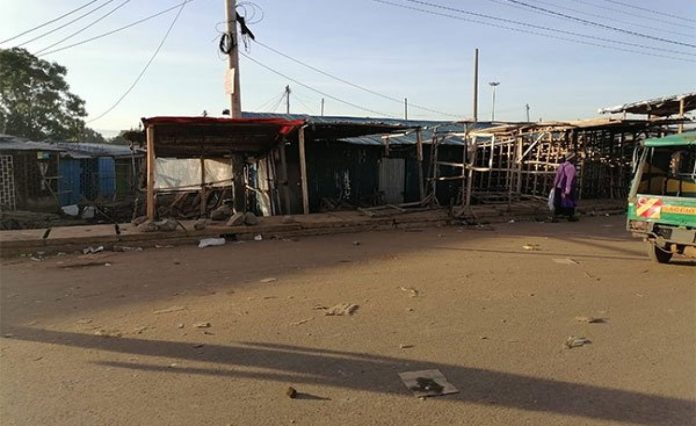Since the outbreak of coronavirus pandemic late last year in Wuhan, China, the global community has witnessed unprecedented policy responses to curtail, contain and control the disease. Many have proven to be successful. But others required critical context consideration.
For instance, the lockdown in Nigeria risks threatening the livelihoods of millions of people who are dependent on the informal market for their survival. Another example is the fact that the security measures being imposed are extracting a heavy price from ordinary citizens.
The situation is a learning curve for all countries.
The responses at national level have included policy measures consistent with recommended social and hygienic practices.
These have ranged from staying at home and regular washing of hands or use of sanitiser to social and physical distancing, wearing of protective masks and kits, limiting the number of people in public gatherings, restriction of human and vehicular movement or curfews or travel bans, and total or partial lockdown.
There have also been broad policy responses to help economies manage their way through the crisis.
Some policy responses have proven to be effective in some cases. But what’s become clear is that policy responses cannot be a one-size-fits-all. That is, the local realities of each country in terms of financial, social, cultural and environmental contexts should be considered.
Based on my academic work on public policy and sustainable development, I think it is imperative that poor countries do not simply cut-and-paste interventions being imposed in rich countries. The specific differences between rich and poor countries should be taken on board. Read more…



